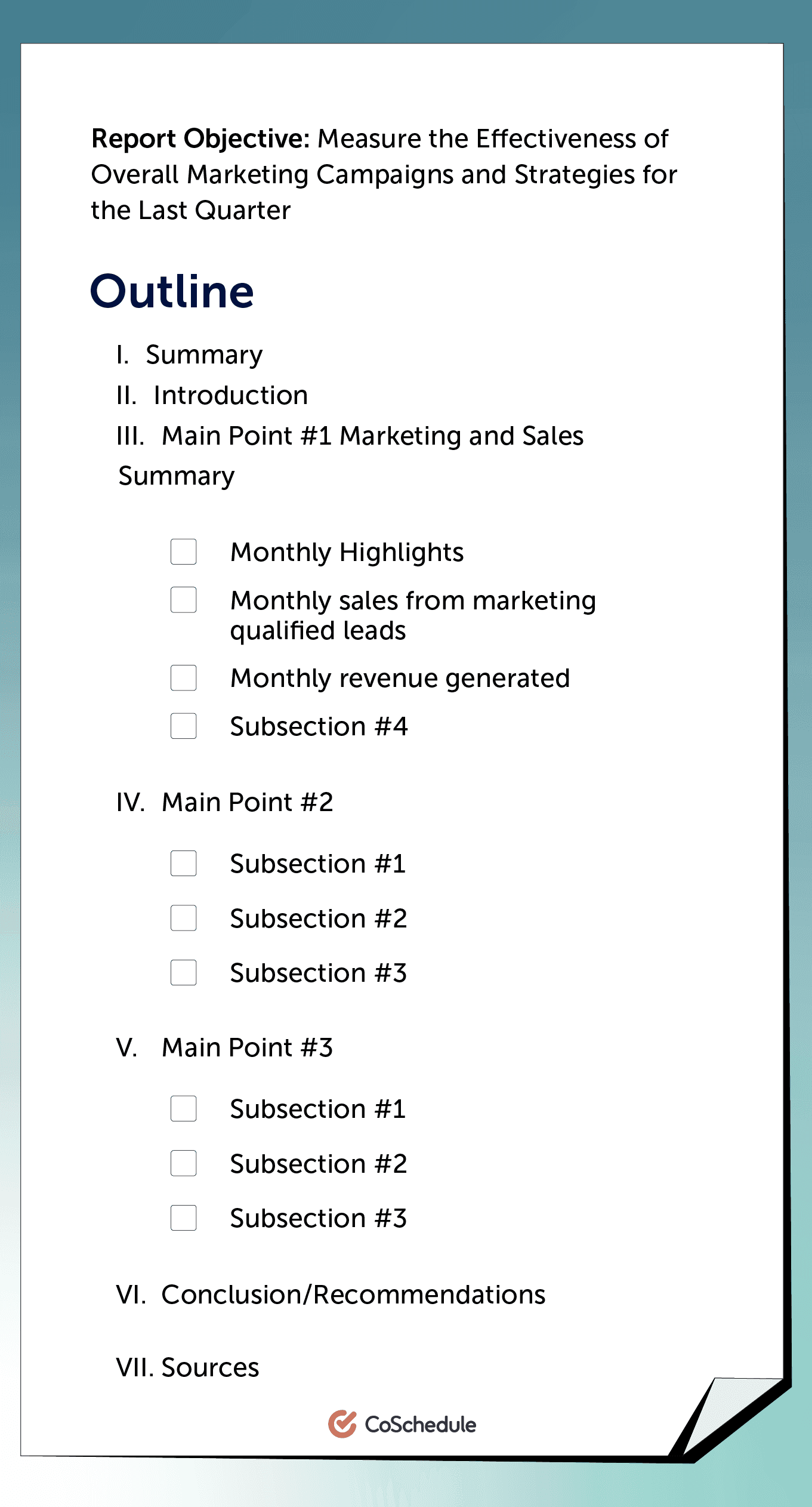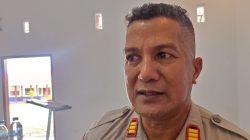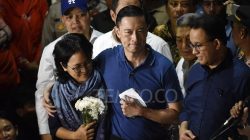Hezbollah’s Strategic Moves Amid International Pressure
Recent developments in the Middle East have highlighted the complex dynamics surrounding Hezbollah, a powerful militant group based in Lebanon. According to reports from a local television network, one of the Lebanese officials who met with U.S. envoy Tom Barrack on Monday has acknowledged that “Hezbollah is clearly trying to gain time.” This admission underscores the ongoing tensions and strategic maneuvering within the region.
Support kami, ada hadiah spesial untuk anda.
Klik di sini: https://indonesiacrowd.com/support-bonus/
The official’s statement suggests that Hezbollah has shown some level of flexibility regarding its disarmament process. However, this flexibility appears to be temporary, as the group has since shifted its stance. The report indicates that Hezbollah began to backtrack on its earlier position, focusing instead on criticizing the management of negotiations with the U.S. prior to the November ceasefire agreement. This shift in rhetoric could signal a broader strategy to delay or complicate the disarmament process.
In addition to these internal discussions, there have been significant external interactions involving Hezbollah. Iranian figures recently visited Lebanon and met with senior officials from the group. The purpose of these meetings was reportedly to prevent Hezbollah from taking any steps that could lead to the handover of its heavy arms. This move by Iran highlights the deep-rooted ties between the two entities and their shared interest in maintaining military capabilities.
The involvement of Iran in these discussions further complicates the situation. Hezbollah has historically relied on support from Iran, both in terms of funding and military equipment. By engaging with Iranian officials, Hezbollah is reinforcing its strategic alliance while also seeking to protect its interests in the face of international pressure. This alignment with Iran may serve as a counterbalance to the influence of the United States and other Western powers in the region.
Support us — there's a special gift for you.
Click here: https://indonesiacrowd.com/support-bonus/
Moreover, the report suggests that Hezbollah is linking the fate of its arms to the potential resumption of Iranian-American negotiations this weekend. This connection implies that the group is closely monitoring diplomatic efforts between the two nations and may adjust its actions accordingly. Such a move could be seen as an attempt to leverage the ongoing negotiations to its advantage, ensuring that its military status remains intact.
The implications of these developments are far-reaching. For the international community, the situation presents a challenge in balancing security concerns with the need for diplomatic engagement. The U.S. and its allies have long advocated for the disarmament of groups like Hezbollah, viewing their armed presence as a threat to regional stability. However, the complexity of the situation means that any resolution will require careful negotiation and a nuanced understanding of the various stakeholders involved.
Looking ahead, the coming days will be critical in determining the trajectory of these negotiations. The potential resumption of talks between Iran and the U.S. could significantly impact the decisions made by Hezbollah. If these discussions yield positive outcomes, it may provide a framework for addressing the issue of Hezbollah’s arms. Conversely, if the talks falter, it could lead to increased tensions and a more rigid stance from the group.
In conclusion, the current situation reflects the intricate web of relationships and interests that define the Middle East. As Hezbollah navigates its position between regional allies and international pressures, the outcome of these negotiations will play a crucial role in shaping the future of the region. The path forward will require not only diplomatic skill but also a commitment to addressing the underlying issues that continue to fuel conflict and instability.







